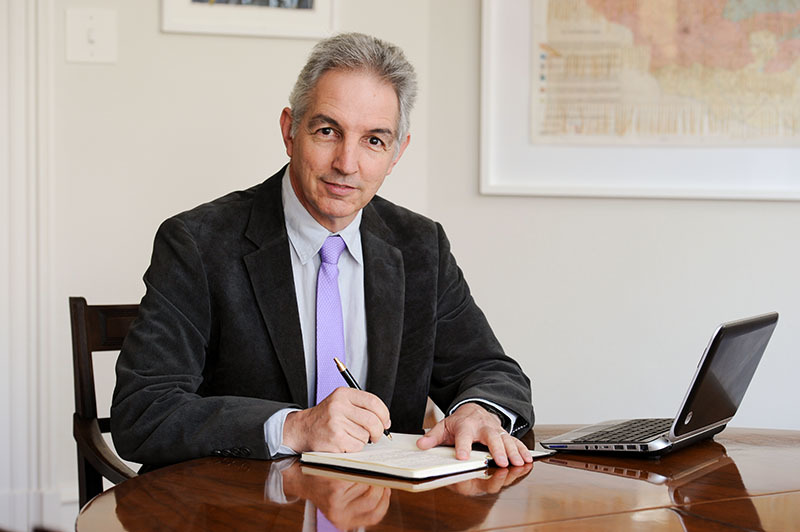Use of private security companies
31 January 2016 | From the VC’s Desk
Dear colleagues and students,
The presence of private security on campuses has become somewhat contentious and merits debate. The University executive has discussed the question extensively. Let me clarify the approach we have adopted, pending the development of the guidelines requested by Council on the use of police and other security services on campus. The proposed guidelines will be subjected to debate by the UCT community, including in the Transformation Dialogue forum.
Our starting point is that we have a responsibility to safeguard the rights of staff and students on the university campus. We are also entrusted to protect the public investment in UCT's premises and facilities. These responsibilities are carried out in the first place by our regular campus protection services (CPS). Towards the end of last year, with protesters threatening to disrupt the November exams, we were determined to protect students' right to write their exams. CPS advised us that securing 50 exam venues for 12 hours a day for 3 weeks was beyond their capabilities, which made recourse to private security necessary. Exams did proceed without incident - barring one foiled attempt by a group of protesters to disrupt an exam by hurling faeces onto students in the venue. Two students are facing disciplinary charges, and one of those students and another non-student are facing charges in court for this conduct.
As the academic year proceeds, we will continue to use of the services of private security companies on this basis, i.e. private security will be employed when we are advised that ensuring the safety and security of students and staff, and protecting University premises, exceeds the capacity of our regular CPS.
Why additional private security in the first instance and not the police? A key reason is that we can require private security companies to comply with our rules and protocols, something we cannot demand of SAPS. The first level of response is to make use of additional safety officers, who work on instruction from UCT senior security staff and in accordance with CPS protocols and rules. They are unarmed. Before going on duty, every shift is briefed on UCT's rules and protocols and in particular, instructed to seek to negotiate resolution of conflict situations, to de-escalate tension, and to use physical restraint or contact only as a last resort. If these safety officers cannot contain a situation, and only with the agreement of UCT management, they may call in security personnel who are experienced in, and suitably equipped for, crowd control. The public safety and security agencies, including the Public Order Policing Service, will only be called if private security cannot cope. My management team will monitor the situation closely and take steps to ensure that these principles are applied consistently.
My colleagues and I fully respect the right to peaceful protest, as our track record last year demonstrates. While we lead the institution and take ultimate responsibility for decisions made and policies put in place, we expect to be challenged and to challenge, to have our views and practices contested. This is a healthy dimension of open and responsive university governance. We do not accept, however, that the right to peaceful protest permits protestors to infringe the rights of others, and will act accordingly. This entails securing the academic enterprise, its people and premises - as set out above - and taking disciplinary action against individual offenders, if we can identify them.
In short, we do not hire private security to close down the space for protest, or to criminalise or intimidate those engaged in protest. The purpose of private security is to supplement the capacity of CPS when necessary, to ensure the safety of all members of the campus community.
Private security does not substitute for the services of Public Order Policing and the SAPS which are the resonsibility of the State, and which are necessary when protest action breaches the bounds of legality or exceeds the capacity of the private security.
Sincerely
Dr Max Price
Vice-Chancellor
Read previous communications:
 This work is licensed under a Creative Commons Attribution-NoDerivatives 4.0 International License.
This work is licensed under a Creative Commons Attribution-NoDerivatives 4.0 International License.
Please view the republishing articles page for more information.








